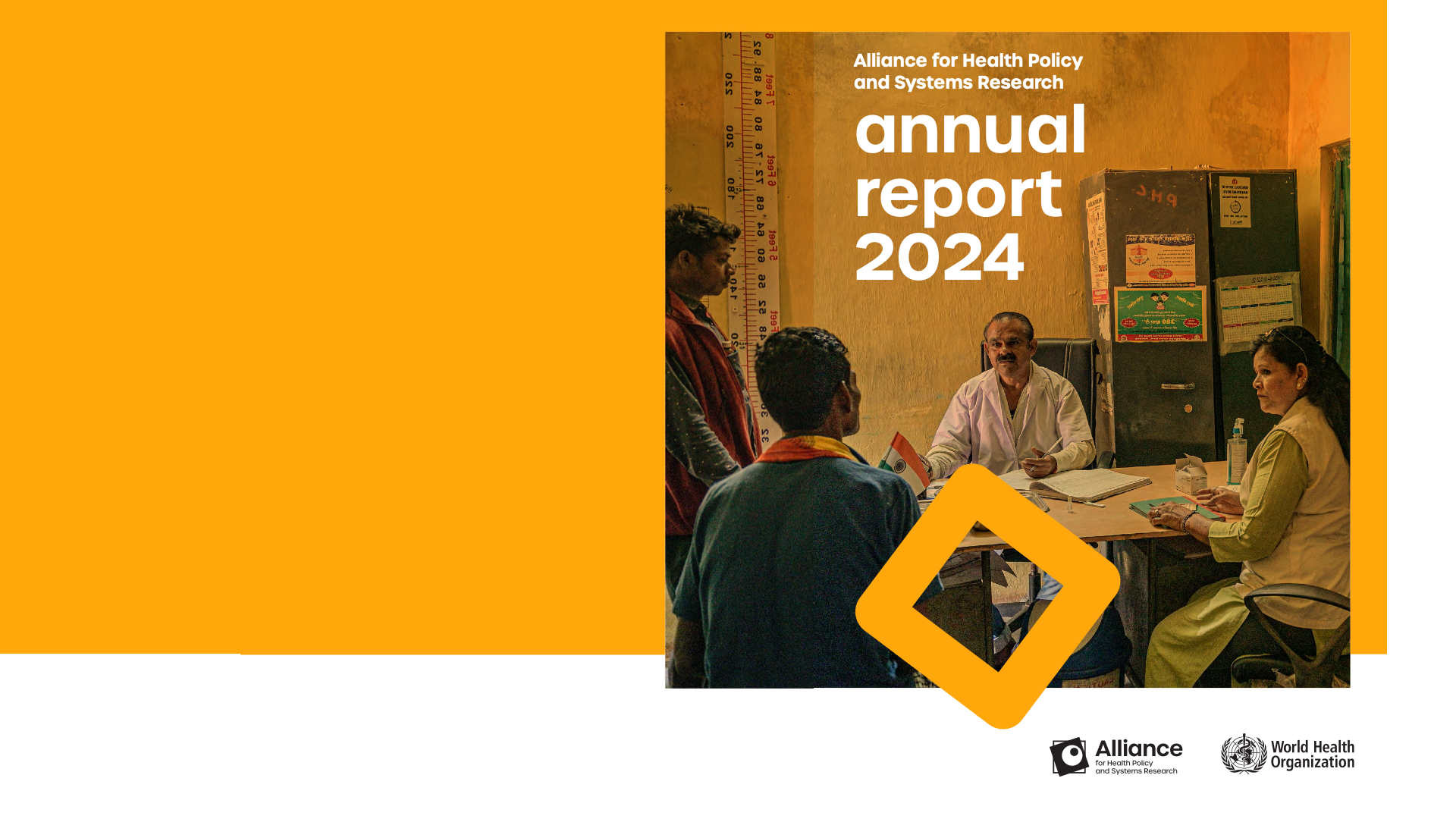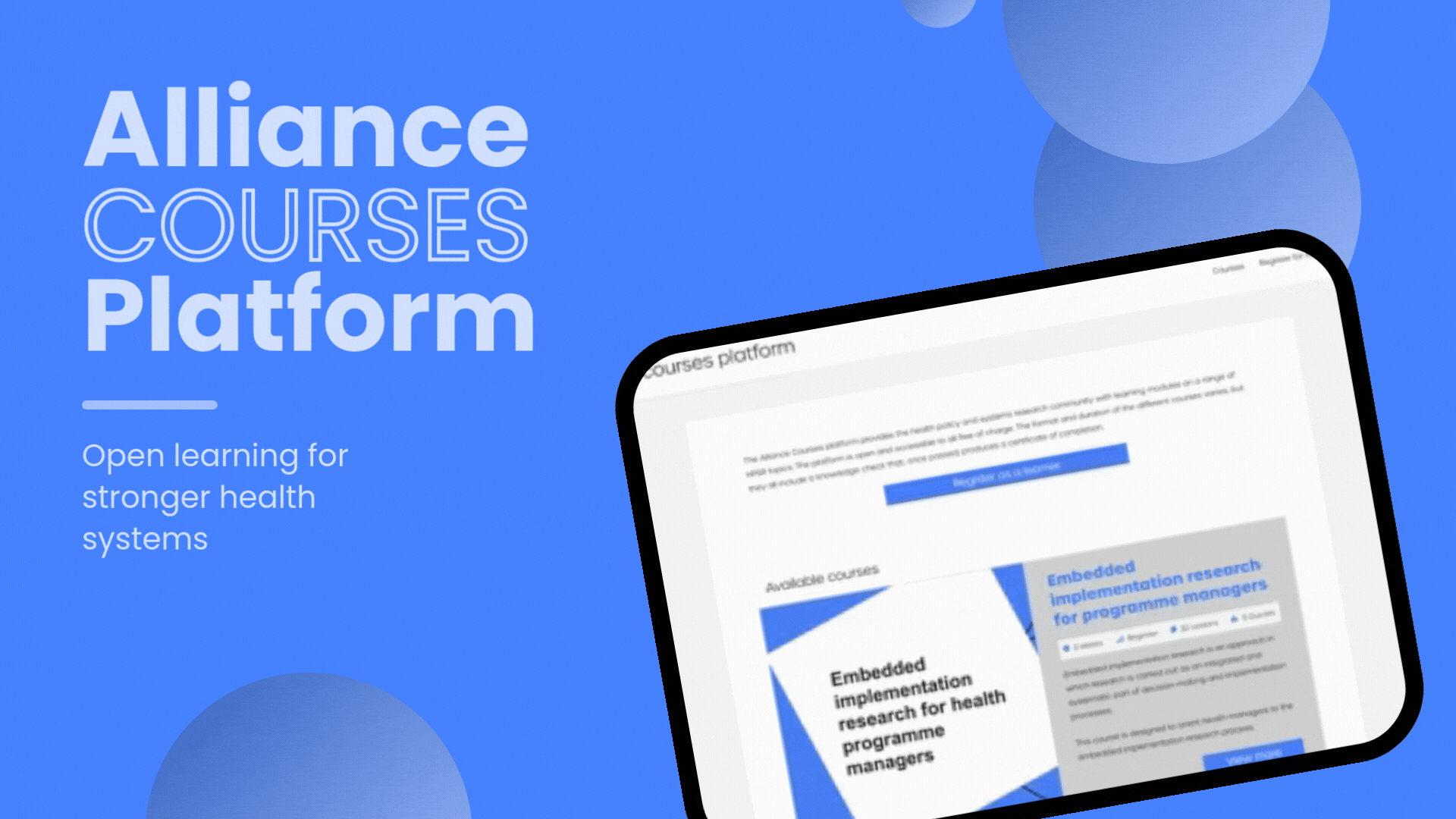
Health policy analysis fellowship programme
Overview
The Health policy analysis (HPA) fellowship programme was established in recognition of inadequate capacities for the conduct and dissemination of HPA in low- and middle-income countries (LMICs). HPA has the potential to inform policy change, but unfortunately, this potential is often not realized due to insufficient resources and support.
The HPA Fellowship Programme provides support for doctoral candidates registered in LMIC-based universities to incorporate policy analysis studies within their existing thesis projects. The programme offers a bursary to conduct HPA and significant hands-on support through in-person workshops and online training in HPA theories and methods. The workshops involve the students' doctoral supervisors, enabling a wider appreciation of the potential of HPA within the students' home universities.
The HPA Fellowship Programme has resulted in the creation of a critical mass of HPA capacities, including the development of an HPA fellows network. This network brings together emerging HPA scholars based in LMICs, providing an opportunity for collaboration and knowledge-sharing.
What the HPA fellows have to say
Key facts
- 20 fellows have been trained across the two rounds of the programme.
- The majority of the fellows are female.
- 15 of the 20 fellows are from sub-Saharan Africa, with five fellows from Asia.
Impact
Fellows have conducted research on a diverse range of topics, utilizing various methodological approaches. For example, fellows have investigated the role of elite actors in maternal health policy in Uganda and used street-level bureaucracy to explain primary healthcare doctor motivation in India.
In addition to their research, HPA fellows have also organized sessions at global health symposia, including in Liverpool in 2018 and during the Health Systems Research 2020 virtual conference in Dubai.
The fellows have expressed great satisfaction with the programme. An evaluation of the first round showed that 70% of our fellows felt that the programme exceeded their expectations. They noted that the programme provided them access to leading HPA scholars, exposed them to global narratives around HPA, and enabled them to develop networks that would help them advance in the field.







